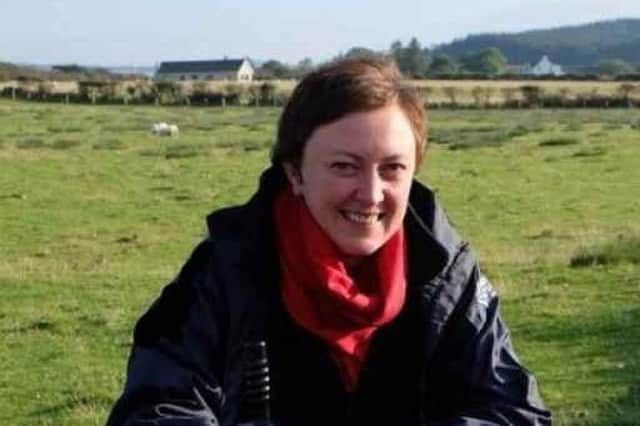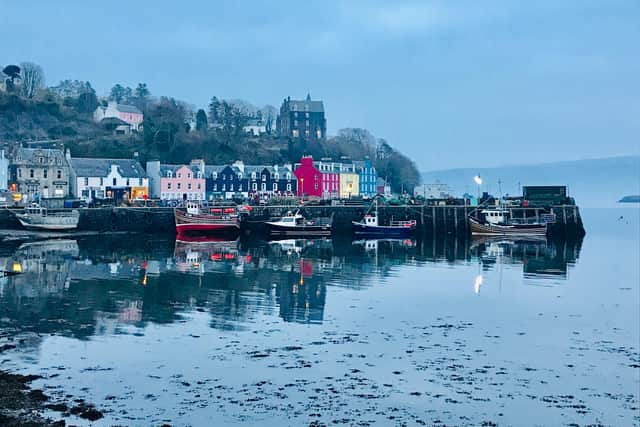Too many still cut off from society - Ros Halley


As we packed away the cameras, then sat waiting to see if we could catch the ferry back to the mainland before Storm Ciara arrived, it didn’t occur to us how long it would be until we could return.
Storms come and go. You learn to live with bad weather. Much harder was the storm that was about to hit us only weeks later, this next storm was called Covid-19!
Advertisement
Hide AdAdvertisement
Hide AdOver the next 10 months, not only would over 100,000 lose their lives to this virus in the UK, we would see great inequalities in our communities further exposed by the pandemic - impacting those who had the least to lose in the first place.


During the initial lockdown, Support in Mind Scotland swiftly put in place online and telephone support for the many people who seek our mental health support on a weekly basis.
Across the country, digital platforms were utilised by many organisations to enable the vulnerable in our society to access information and conference calls and online drop-in sessions were offered to ensure some level of personal engagement. Unfortunately, while the effort was great, success did not always follow.
The problem is that there are many people who do not have access to the internet, who do not have a smart phone, or for whom that type of communication is just not practical.
What was more successful though was the rallying of people close to home. Up and down the country small groups of people contacted each other ‘over the garden fence’, put up signs in windows, put postcards through doors. Young and old co-ordinated shopping trips, picking up items for others on their way home.
People found a new sense of purpose, they enjoyed being part of something bigger than themselves. They even got to know neighbours for the first time. However, many of us still found this initial lockdown a strain. Social media was flooded with posts about missing friends and family. We all felt a bit lonely.
The reality is that for too many people, not seeing anyone, not sharing, not planning, not having the money to attend something is their norm: living in a constant lockdown dealing with the stresses and strains of the everyday.
Those with socio-economic disadvantage, those with poor physical and mental health, people with a disability, those living alone, minority ethnic groups and those from LGBT+ communities are most at risk of isolation and loneliness. Links between health and social inequality are clearly established, that is why taking a community-led approach to mental health is critical.
Advertisement
Hide AdAdvertisement
Hide AdIf something good is to come of the Covid-19 pandemic it would be to remember what it feels like to be cut off from those you love, the things you do not have access to and uncertainty as to when you might be able to have these things again.
If we could be more accepting of others’ differences, then we can start to reduce social isolation and loneliness. Our biggest challenge is to help everyone to feel secure, to feel accepted, to have a voice, to know they matter and to feel loved – especially those who find themselves cut off from society for whatever reason.
If we do that, we will be better prepared for the next big storm that comes our way.
For further info see: https://www.supportinmindscotland.org.uk/ and https://ruralwellbeing.org/winter-lockdown-project/
Ros Halley, Rural Communities Manager, Support in Mind Scotland
Comments
Want to join the conversation? Please or to comment on this article.